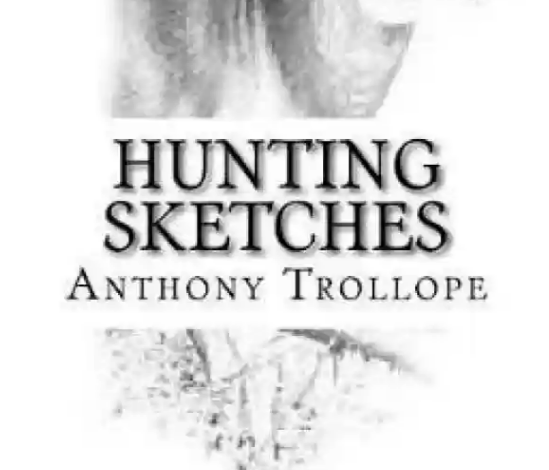The Hunting Parson
byIn this chapter titled The Hunting Parson, the narrative explores the tension between religious expectation and recreational freedom, using the keyword as a thematic gateway into a long-standing cultural contradiction. The hunting parson is presented as a man caught between duty and desire, embodying a kind of moral paradox that society refuses to accept easily. Though clergy are often presumed to lead lives of unrelenting solemnity, the chapter opens with a challenge to that perception, questioning whether occasional participation in hunting truly undermines spiritual responsibility. This figure is not reckless nor frivolous but deliberate in managing both faith and field, aiming to live in a way that is both grounded in rural life and true to his calling. His struggle is not with the sport itself, but with the rigid societal lens through which his actions are judged.
The author begins by dissecting the objections that surround a clergyman’s involvement in hunting, particularly the accusation that it detracts from parish obligations. This assumption is questioned on practical grounds—many rural parsons have flexible schedules and fewer professional demands than their urban counterparts. Rather than attending endless meetings or managing large congregations, they often enjoy more autonomy over their time. Therefore, the occasional hunt can be slotted into their lives without any real neglect of their sacred duties. Yet despite this logic, public sentiment continues to be shaped more by appearances than by actual dereliction. Critics often rely on emotion, not reason, to denounce the practice, equating it with frivolity or even moral corruption without articulating how it harms the community or church.
This disapproval is linked less to specific actions and more to a vague belief that leisure, especially something as earthy as hunting, doesn’t suit the cloth. The narrative wryly notes that society’s more “respectable” class, often represented by conservative or pious onlookers, acts from instinctual disapproval rather than informed concern. Such individuals do not engage in serious debate about time management or morality—they simply recoil at the notion of a clergyman partaking in physical, loud, and perhaps bloody recreation. Ironically, these same critics often accept clergymen enjoying other forms of rest or travel, as long as it appears refined and detached. The parson who walks his parish with a fishing rod is charming; the one who rides to hounds is scandalous. This discrepancy reflects deeper cultural biases about what religious figures should enjoy.
The decline in accepted clerical pastimes is highlighted through the comparison of modern expectations to past freedoms. Decades ago, parsons were known to dance, shoot, and even enjoy a glass of port without fear of judgment, but today’s standards are more confining. Social evolution has demanded that religious figures adhere more strictly to the appearance of sanctity than to its substance. The author expresses concern that such unrealistic expectations discourage well-rounded, dynamic individuals from entering the ministry. If clergymen are forced into monastic invisibility, the church may lose those who would otherwise bring vigor and relatability to their parishes. There is a quiet suggestion that joy—especially rural joy—should not be so hastily deemed irreverent.
When the hunting parson rides out, his attire is often subtly adjusted to avoid drawing too much attention to his dual role. The black hat might be swapped for brown, the collar loosened, the demeanor quieter—still respectable but less conspicuously clerical. He is careful, even deliberate, in how he presents himself, separating pulpit and paddock as best he can. This care shows that the internal conflict is not entirely imagined; even those who embrace the hunt feel pressure to hide or minimize their enjoyment of it. It’s a balancing act that requires both courage and discretion, revealing just how sharply religious life has been boxed in by social perception.
Despite these challenges, the hunting parson remains a figure of admiration and affection within the field. His presence adds intelligence, thoughtful dialogue, and a refreshing depth to hunting circles, often making him one of the most compelling companions in the field. The author confesses a personal fondness for these men, who despite public criticism, find ways to harmonize faith and sport with dignity. Their ability to remain devout without forgoing the joys of country life speaks volumes about their integrity and resilience. In their quiet rebellion, they preserve not only the spirit of the chase but a more human, approachable version of spiritual leadership.
As the chapter draws to a close, the tone shifts to one of resignation, acknowledging that no matter how reasonable the arguments or how gentle the clergyman’s conduct, public opinion may never fully soften. The hunting parson will always ride with a kind of invisible burden—a need to justify joy in a role often mistaken for self-denial. His life becomes a subtle protest against a culture that confuses piety with joylessness, reminding us that spiritual devotion and personal fulfillment need not be at odds. Through this reflection, readers are invited to reconsider their own judgments, perhaps finding in the hunting parson not contradiction, but harmony between passion and purpose.

